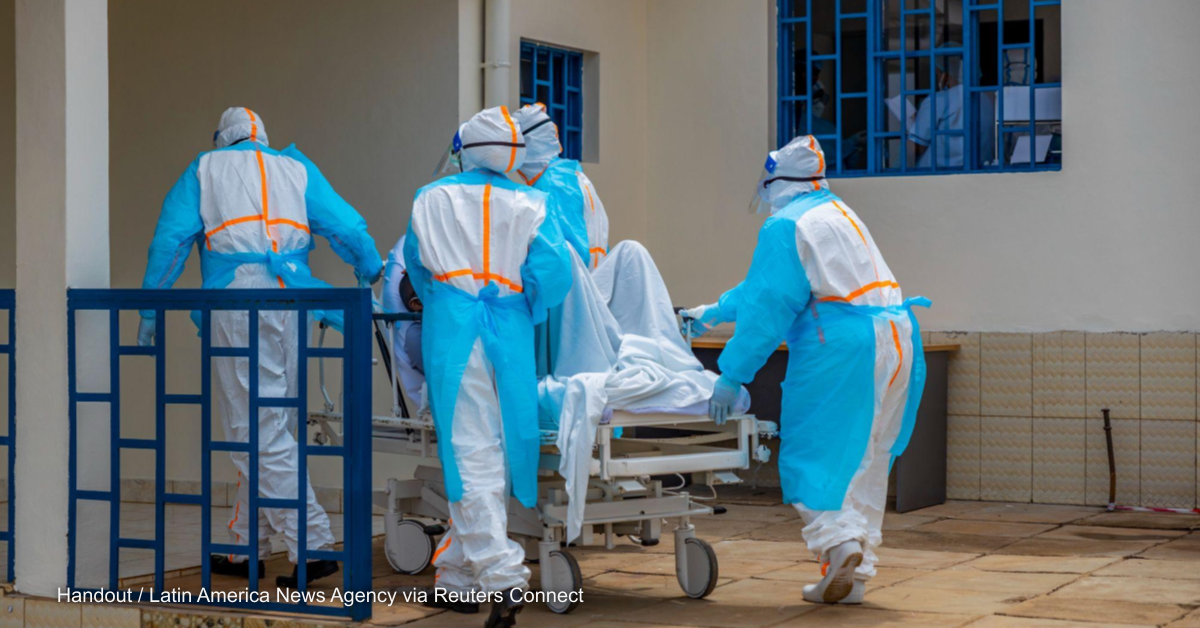A growing global health financing crisis threatens progress toward Universal Health Coverage (UHC), warns the UHC Movement Political Panel. Currently, 2 billion people face financial hardship due to out-of-pocket healthcare expenses, with many low- and middle-income countries (LMICs) still relying on these payments as a primary funding source. Economic recovery post-COVID-19 has been slow, with health spending in 2022 falling below pre-pandemic levels in nearly half of 78 LMICs surveyed by the World Bank. The widening health financing gap risks deepening inequalities, pushing more people into poverty, and stalling progress toward UHC. However, some countries are demonstrating that increased investment in healthcare is possible.
The Panel calls for urgent action in 2025, emphasising the need for governments to prioritise health in national budgets and establish publicly funded health insurance schemes. International development partners must align with national health priorities to strengthen healthcare systems. The upcoming U.N. high-level meeting on noncommunicable diseases and the Fourth International Conference on Financing for Development in 2025 present critical opportunities to address health financing challenges.
Investing in UHC offers substantial benefits, including improved health outcomes and economic gains. Estimates suggest that extending UHC to 1 billion more people could avert 24.4 million deaths over five years. With political will, decisive action, and sustainable financing, equitable healthcare access can become a reality for all.


